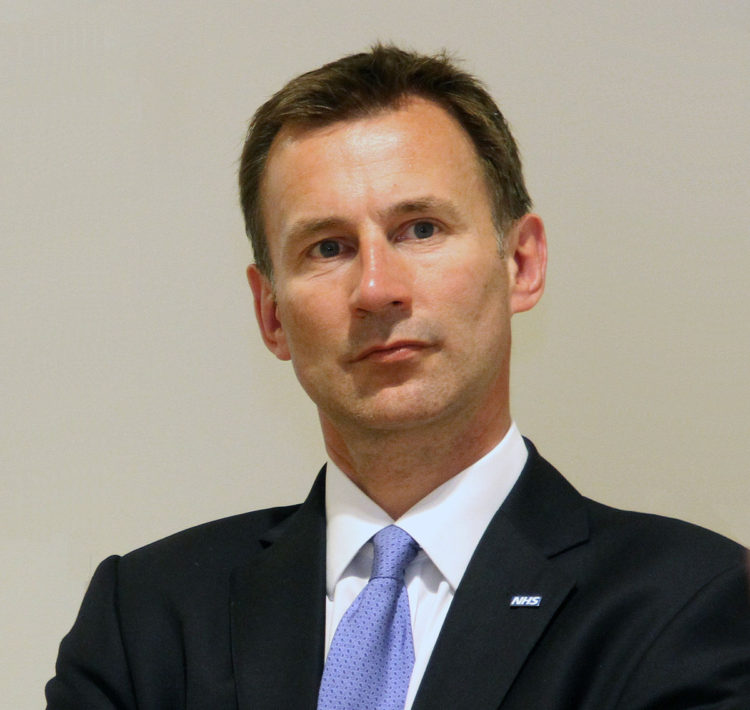By Ben Kerrigan-
Jeremy Hunt has scrapped most of the measures set out in the mini-Budget, including the planned cut to income tax in a build to rebuild the British government’s fiscal credibility. Hunt reversed tax changes on dividend income, IR35 off-payroll rules, alcohol duty and a VAT-free shopping scheme, saving another £5bn. he maintained a £13bn national insurance cut and a £1.5bn stamp duty cut but announced that an “energy price guarantee” to households and business would last only until April, before being more targeted.
Jeremy Hunt said the support – which limited a typical household bill to £2,500 – would be reviewed so it cost “significantly less than planned”.
There was concern the help, announced last month, was not targeted to support the most vulnerable people.
The surprise move comes as bills have soared since Russia invaded Ukraine.
But Mr Hunt said that it would be” irresponsible for the government to continue exposing the public finances to unlimited volatility in international gas prices”.
Under the Energy Price Guarantee, Ms Truss’s government had capped all household energy bills for two year from 1 October in a bid to prevent millions from facing hardship this winter.
The energy price cap – the highest amount suppliers are allowed to charge households for every unit of energy they use – had been due to rise to £3,549 for a typical household from October.
The scheme, which will cost £60bn for the first six months, would be redrawn so that it would cost “significantly less”, while retaining help for those most in need. A review will be launched into the scheme. The basic rate of income tax will remain at 20p indefinitely, instead of being reduced to 19p, and the cap on energy prices charged to households will only be guaranteed until April, after which it would be reviewed and likely targeted. The cuts to stamp duty and National Insurance remain in place.
The proposed abolition of the 45% additional rate of tax, which is paid by people who earn more than £150,000 a year has been eradicated by Mr.Hunt. the basic rate of tax will stay at 20% indefinitely.
Hunt’s announcement is designed to bring forward measures from an economic plan on 31 October and calm financial turmoil following the mini-budget. Investors have welcomed his decision to scrap most of the former mini budget. the Treasury was losing trust in the Uk government before hunt’s appointment.
The chancellor, appointed to replace Kwarteng last Friday, added: “There will be more difficult decisions I’m afraid on tax and spending.” A new debt-cutting plan and OBR forecasts will be finalised on October 31.
“The UK will always pay its way,” said Hunt. The markets responded positively to his statement, while the prime minister’s position now hangs by a thread.
over 100 Mps have over the weekend been plotting the demise of Ms Truss, who will be the shortest serving prime minister in British history if she is force out as quickly as her enemies want her.
Truss is expected to be at Hunt’s side in the House of Commons at 3.30pm to hear hew chancellor read the last rites over her dream of a “low-tax” economy.
Angela Richardson, Tory MP for Guildford, became the latest MP to say Truss’s position was no longer tenable. Tobias Ellwood, Commons defence committee chair, told Sky this was “the worst crisis since Suez”.
Hunt decided to downgrade Liz Truss’s two-year energy price freeze to just six months, indicating his opposition to support for all regardless of income levels
He said Liz Truss agreed that it would be wrong to make such a long-term spending commitment, when it is unclear what will happen to energy prices in the future.
In an emergency statement this morning, he said: “We will reverse almost all the tax measures announced in the growth plan three weeks ago that have not started parliamentary legislation.
“So whilst we will continue with the abolition of the health and social care levy and stamp duty changes, we will no longer be proceeding with the cuts to dividend tax rates, the reversal of off-payroll working reforms introduced in 2017 and 2021, the new VAT-free shopping scheme for non-UK visitors or the freeze on alcohol duty rates.”
The chancellor also announced that Liz Truss’s s promise to support Britons by controlling the price of energy bills for two years will now only last until April.
The new chancellor said the government would review the cap on the price of energy unit to keep annual household bills at no more than £2,500.
Following his statement, the chancellor will address the Commons this afternoon at 3.30pm.
The Bank of England confirmed on Monday it was ending bond-buying operations and replacing it with a lending facility, noting the central bank was not there “to provide a permanent backstop” to the pensions industry, which has been hit by the volatility in gilts.
In a statement it said its emergency actions had “enabled a significant increase in the resilience of the sector”.
The full hole in the public finances would not be filled on Monday, however, partly because the Treasury is hoping to lower interest rates in the markets and thereby reduce the gap still to be bridged.
It expects the Office of Budget Responsibility(OBR) to change the time period over which it assesses market interest rates, as it did this March, if ministers can demonstrate the UK state is more creditworthy.
The pound and UK government bonds rallied further as the financial markets were soothed by new Chancellor Jeremy Hunt’s emergency statement.
Yields on 30-year government bonds, or gilts, eased back further by around 10% as Mr Hunt set out plans to shave off billions of Government debt.
The interest on long-dated bonds hit a low of around 4.32% shortly after the first announcement.




